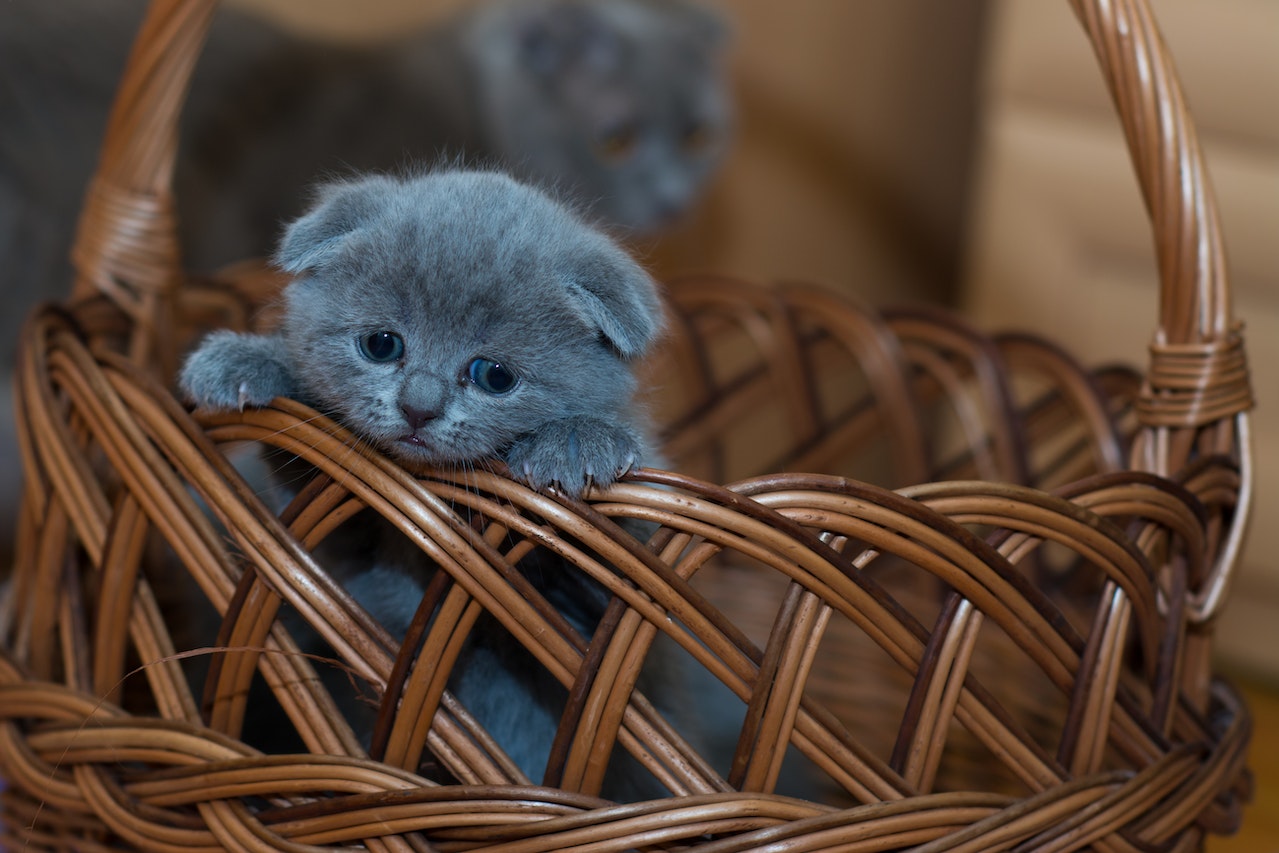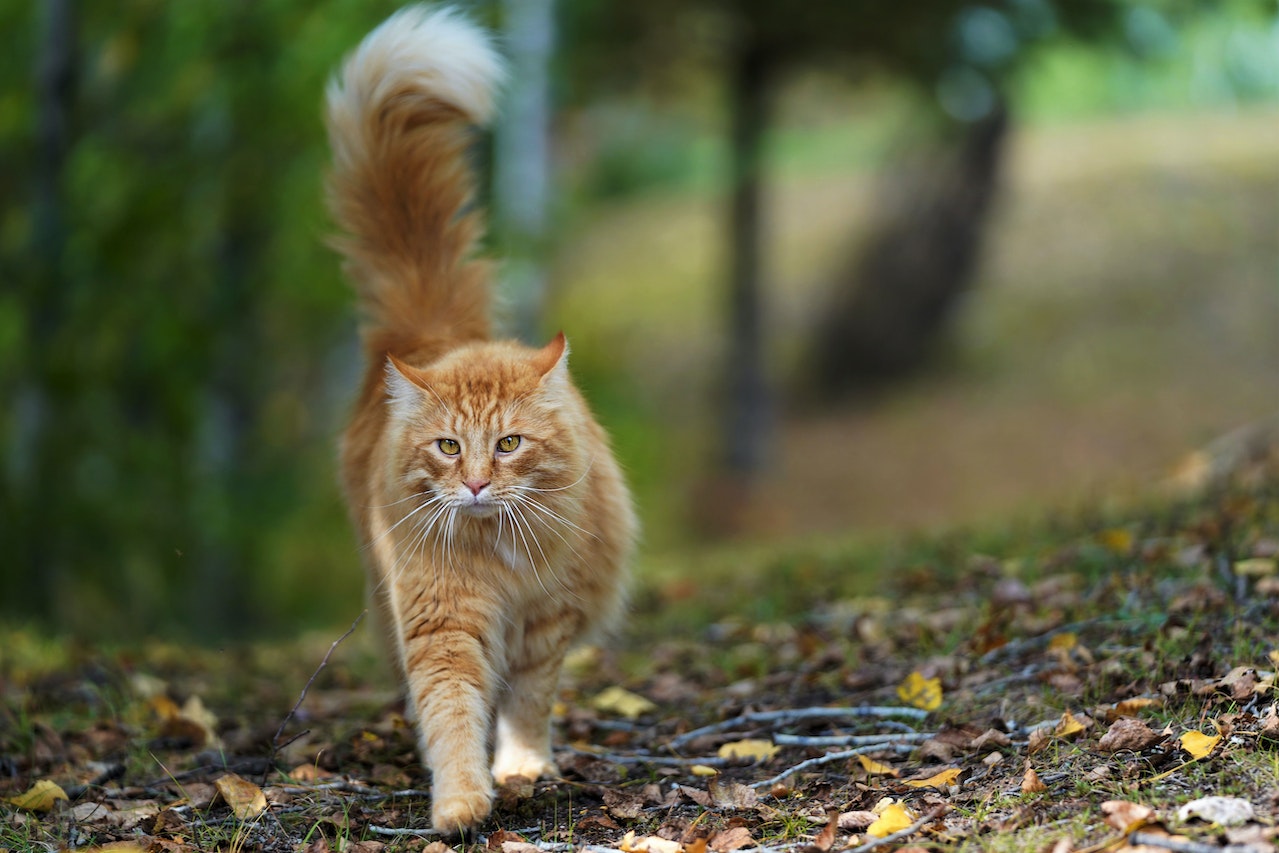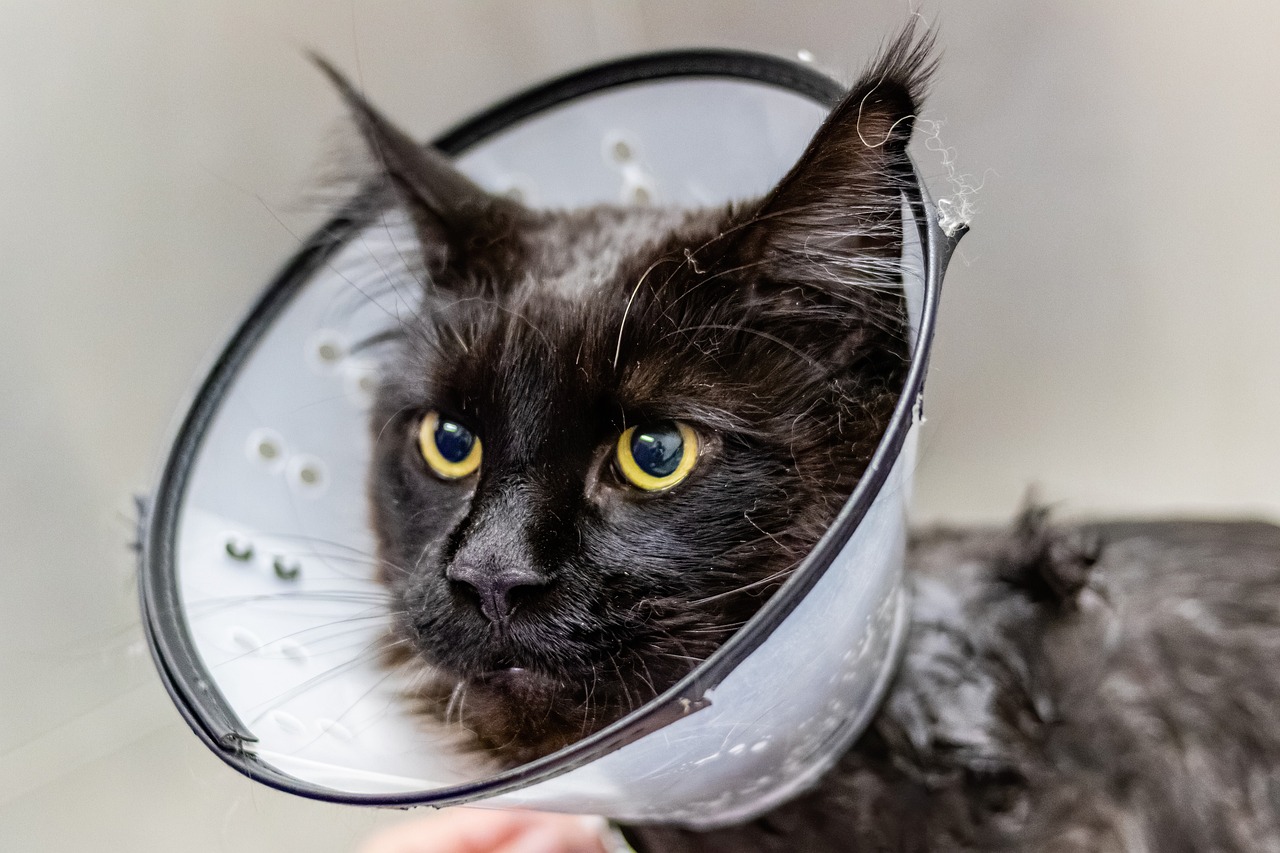Cats. The ever-mysterious creatures that lurk in our homes, moving silently from one room to another, all while sporting a look of judgment that makes you feel like you forgot to put on pants today. But when it comes to distinguishing between a genuinely sick feline and one that’s just being, well, catty, the line can sometimes blur.
1. Vocal Performances Worthy of Broadway
First up on our guide to playing Cat Doctor (disclaimer: don’t actually play doctor, see a vet) is noticing any changes in your kitty’s meow-sical prowess. If your usually silent cat suddenly channels her inner Celine Dion or, on the flip side, your chatty Cathy goes mute, it might be more than just a new vocal experiment. These changes could be a sign that your furry friend is feeling under the weather. Or, she might’ve just decided opera isn’t for her.
2. An Affinity (Or Disdain) For the Litter Box
We all know cats are private creatures, especially when it comes to their bathroom business. But if you notice your cat visiting the litter box with the frequency of a teenager visiting the fridge, or conversely, avoiding it like you avoid your taxes, then it’s possible that something’s amiss. Urinary problems? Constipation? Or maybe they’re just plotting world domination in there. Who knows?
3. A Sudden Passion for Hide and Seek
Okay, all cats think they’re ninjas. It’s a universal feline truth. However, if your usually social kitty suddenly seems to have enrolled in the Hogwarts School of Invisibility, hiding in strange places and avoiding the usual cuddle sessions, this could be a sign of illness. Conversely, if your typically aloof cat suddenly can’t get enough of you and becomes clingier than a static-charged sock, something might be up.
4. The Moody Cat Blues
Cats can be moody. I mean, who can blame them? With all the napping, eating, and ruling the household, it’s exhausting being a cat! But drastic changes in behavior should raise a little kitty alarm bell in your mind. Is your sweet-tempered cat suddenly swatting at you as if you’re a fly? Or has your spirited cat become lazier than a teenager on a Sunday morning? It might be time to dig deeper. Or just accept that cats are, in fact, the most unpredictable creatures on the planet.
5. Food Bowl Shenanigans
Most cats approach their food bowl with the enthusiasm of someone who’s been on a diet for a month and is finally allowed a cheat day. So, if you see your cat turning up her nose at her food (and it’s not because you bought the discount brand, cheapskate!), it could be an indication of dental issues, digestive problems, or a myriad of other health concerns. Alternatively, she might be saying, “Seriously, human? Chicken flavor again?”
6. The Hairball Olympics
Now, every cat owner has been graced with the occasional hairball gift, often strategically placed right where you’ll step barefoot first thing in the morning. But if your cat seems to be auditioning for the Hairball Olympics, producing more than usual, it might be a sign of grooming excessively due to skin issues or discomfort. Or they could be trying to set a world record. You never really know with cats.
7. The Walking Dead Kitty Walk
Watch out for any changes in the way your cat moves. If she’s walking like she’s just had a cameo on The Walking Dead or is avoiding leaping onto her favorite perches, it’s possible that she might be experiencing pain or discomfort. Yes, they could also be reenacting their favorite zombie movie scene, but it’s less likely.
8. The “I’m Too Posh for Grooming” Phase
Cats are the epitome of self-care. Their grooming sessions can put our 10-step skincare routines to shame. But if your furball has stopped grooming, or looks like she’s taken styling tips from a scarecrow, it might be a sign of underlying health issues. Or perhaps she’s making a statement against the societal standards of feline beauty. Power to you, kitty!
9. Weighty Matters
If your kitty suddenly looks like she’s been indulging in one too many treats (and you’re sure it’s not because you’ve been overfeeding her during those midnight snack sessions), or conversely, if she’s starting to resemble a feline supermodel, weight changes could be indicative of health issues. Track her weight, but avoid cat-shaming, okay?
10. That Not-So-Fresh Breath
While your cat’s breath is never going to smell like a bouquet of roses, if you’re hit with a stench reminiscent of a garbage truck on a hot summer day when she yawns, it might be time to check for dental diseases or other health problems. Alternatively, she could be plotting revenge for that time you accidentally stepped on her tail and is trying to weaponize her breath.
In conclusion, while our cats remain mysteries wrapped in fur, it’s always essential to keep an eye out for any signs that stray from their ‘normal’ weirdness. And even though we’ve had our fun with the quirky behaviors of these wonderful creatures, always ensure your feline friend gets the care she deserves.
So, the next time your cat acts in a bizarre fashion, you can ask yourself: is she sick, or is she just being the gloriously unpredictable creature that convinced ancient civilizations they were gods? Either way, it’s a win-win. They get our undivided attention, and we get the joy of their quirky company.
Pro Tips to Keep Your Feline Fine and Dandy
Alright, you’ve made it this far without your cat giving you the dreaded “You’re not the boss of me” glare. Congratulations! Here are some additional pro tips to ensure your fur baby stays in the pink of health (or whatever color cats think is trendy these days).
1. Regular Vet Visits: Even if your cat acts like the vet’s office is the fifth circle of hell, regular check-ups are crucial. Annual (or as recommended) wellness exams can spot potential issues before they become cat-astrophic.
2. Purr-fect Hydration: Ensure your cat has constant access to fresh water. Cats aren’t always the best drinkers, but a hydrated cat is a happy cat. Consider a cat water fountain if your feline is too posh for a stagnant bowl.
3. Playtime is Not Just Fun Time: Engaging your cat in regular play keeps them mentally stimulated and physically active. It also allows you to monitor their energy levels and agility. And hey, it’s a heck of a lot of fun for you too!
4. Kitty First Aid Kit: Just as you have a first aid kit for humans (you do, right?), having one for your cat is essential. Include basics like gauze, antiseptic wipes, and tweezers. There are cat-specific kits available, or ask your vet for recommendations.
5. Keep an Eye on Their Peepers: If your cat’s eyes are looking cloudy, discolored, or watery, or if they’re squinting more than usual (and not just because they’re plotting world domination), it’s worth a vet check.
6. Tech-Savvy Monitoring: Consider investing in a pet activity tracker. It’s like a Fitbit for felines! These gadgets can monitor your cat’s activity levels, sleep patterns, and even their temperature, providing useful data over time.
7. Educate Yourself: Knowledge is power! Read up on common cat ailments and their symptoms. There are many reputable online resources, but remember: Dr. Google is not a substitute for a real vet.
8. Be Mindful of Their Environment: Ensure that your home is free of toxic plants, chemicals, and foods that are harmful to cats. A quick scan now might save you a panicked trip to the vet later.
9. Tail-tell Signs: Don’t just focus on the obvious. Sometimes, a twitching tail, flattened ears, or dilated pupils can be signals too.
10. Trust Your Gut: You know your cat better than anyone else. If something feels off, it probably is. When in doubt, consult with a professional.
With these tips in your back pocket, not only will you be prepared to spot when something’s amiss with your feline friend, but you’ll also be equipped to provide the best care possible. After all, they might act like tiny, furry overlords at times, but we wouldn’t have it any other way!
Frequently Asked Questions (FAQs) About Your Mysteriously Malfunctioning Meow Machine
At a minimum, most cats should have an annual wellness exam. However, kittens, senior cats, or those with health conditions might require more frequent visits. Always consult with your vet for the best schedule.
Changes in appetite can be indicative of various issues, from dental problems to more severe illnesses. If the change persists or is accompanied by other symptoms, it’s time for a vet visit.
While cats can’t catch human colds, they can develop upper respiratory infections that share similar symptoms, like sneezing or a runny nose. If symptoms persist or worsen, see a vet.
Contrary to popular belief, many cats are lactose intolerant. While small amounts might not harm them, it can lead to upset stomachs. Stick to water or cat-specific milk products.
Cats are champion sleepers, often snoozing for 12-16 hours a day. However, if there’s a drastic increase in their sleep patterns, it could indicate an underlying issue.
Over-grooming can be a sign of skin issues, allergies, or even stress. Monitor the behavior and consult a vet if you’re concerned.
While occasional hairballs are a part of the feline package, frequent hairballs can be a concern. Regular grooming and hairball remedies can help reduce their occurrence.
Absolutely. While indoor cats are less exposed to certain risks than their outdoor counterparts, they can still develop a range of illnesses. Regular vet check-ups are crucial.
While the occasional vomit might not be a cause for alarm (especially after hairballs), frequent or sudden onset vomiting should be addressed with your veterinarian.
No! Many human medications are toxic to cats. Always consult with a veterinarian before administering any medication.



